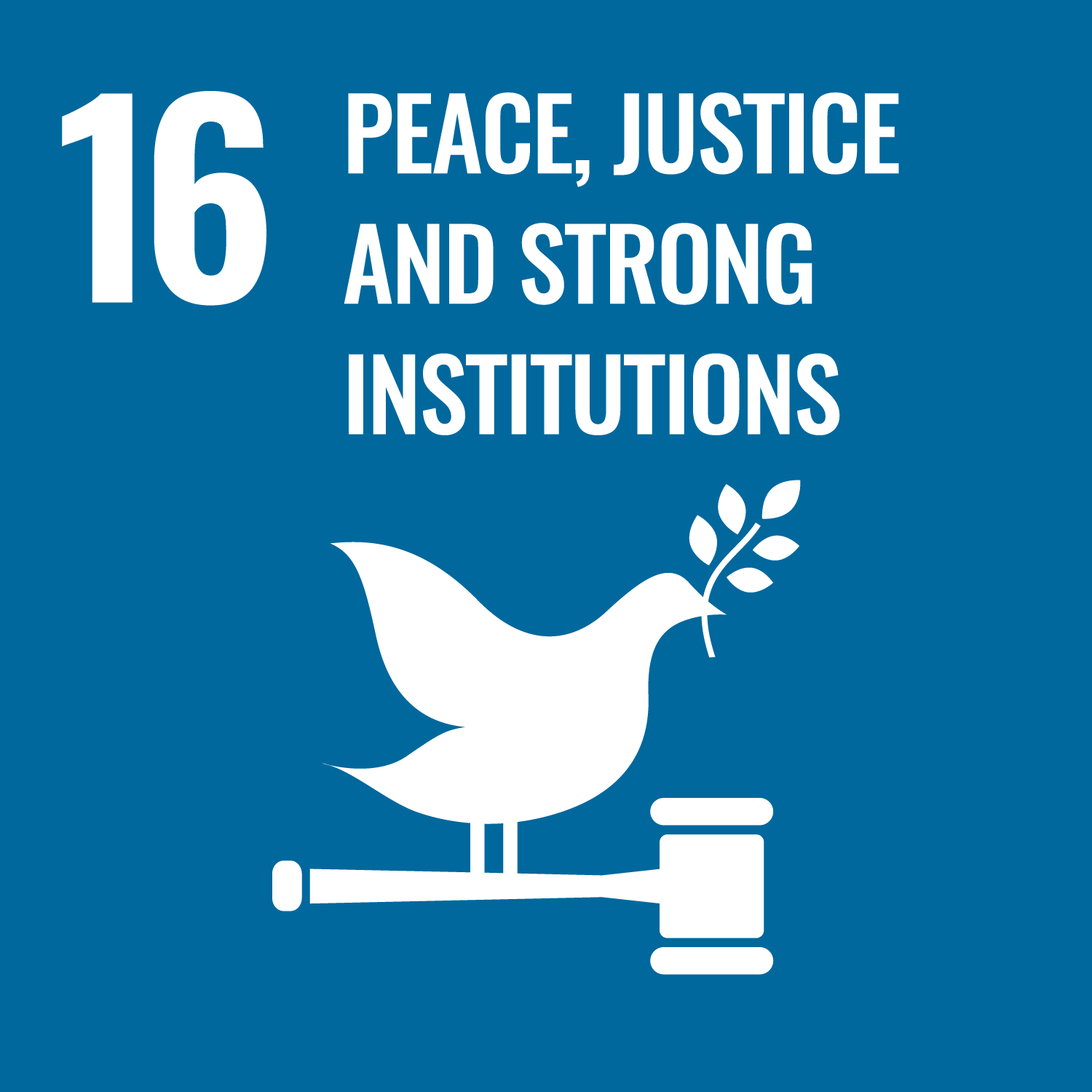Papaioannou, E and Michalopoulos, S (2016) The scramble for Africa and its legacy. In: The New Palgrave Dictionary of Economics. Palgrave MacMillan, London. ISBN 978-1-349-95121-5
Abstract
The Scramble for Africa refers to the period between roughly 1884 and 1914, when the European colonisers partitioned the – up to that point – largely unexplored African continent into protectorates, colonies and ‘free-trade areas’. At the time the colonisers had limited knowledge of local conditions and their primary consideration was to avoid conflict among themselves for African soil. Since no one could foresee the short-lived colonial era, the border design – which endured the wave of independence in the 1960s – had sizable long-lasting economic and political consequences. First, the ancestral homelands of about one-third of African ethnicities straddle contemporary international borders. The resulting ethnic partitioning has contributed to civil conflict by fostering ethnic-based discrimination and by allowing countries to destabilise their neighbours. Second, in Africa we observe the largest share of landlocked countries, which tend to trade less with the rest of the world and are readily affected by developments in adjacent politically unstable countries. Third, the Scramble for Africa resulted in several large countries characterised by highly heterogeneous geography and ethnically fragmented populations that limit the ability of governments to broadcast power and build state capacity.
More Details
| Item Type: | Book Section |
|---|---|
| Subject Areas: | Economics |
| Additional Information: |
© 2020 Springer Nature |
| Date Deposited: | 28 Feb 2019 15:18 |
| Subjects: |
Ethnic minorities Conflict Africa Economic growth |
| Last Modified: | 13 Aug 2025 00:56 |
| URI: | https://lbsresearch.london.edu/id/eprint/759 |




